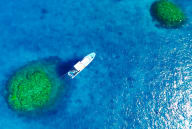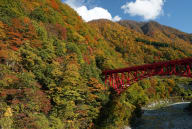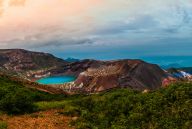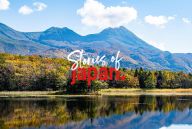There’s a handful of Japanese concepts such as ikigai and wabi sabi that have gained global popularity and widespread acceptance. The latest Japanese practice to be lovingly embraced by the Western world is shinrin yoku, or ‘forest bathing’. Only a few decades old, forest bathing simply involves immersing oneself in nature in a relaxed, yet conscious way and benefiting from the myriad of restorative rewards.
Scientific studies have proven that spending time in nature can reduce blood pressure and stress, increase energy levels, boost mood, improve focus and clarity and even accelerate recovery from injury and illness.
Nurturing body and mind, forest bathing puts you in the ideal state of being, and state of mind, to tend to your ikigai and observe, reflect or take a break from life’s grander, often pressing, matters.
With over 30 national parks covering a full spectrum of environments including forests, volcanoes, marshes, beaches and coastlines, Japan offers limitless opportunities for you to reconnect with breathtaking, life-giving mother nature—and yourself!
Chubu-Sangaku National Park (Honshu)
The Chubu Sangaku National Park extends over a large portion of the Northern Japan Alps, which itself is a volcanic mountain range that stretches across multiple prefectures including Toyama, Nagano, Niigata and Gifu. The awe-inspiring hiking trails (of varying difficulties) are a great way to for you to take a break from the hustle and bustle of everyday life and take stock of what is truly important to you. Boasting several impressive peaks that reach beyond 3,000m above sea level, the park is carved with ravines and mountain streams formed by such waterways as the Kurobe and Azusa rivers that give Chubu-Sangaku its unique beauty. Fields of flowers and lush alpine plants cover the lands during the summer season, and during the colder seasons, vibrant autumn colours. The park also has much to offer during winter, with leading ski resorts and hot springs open for all to enjoy.
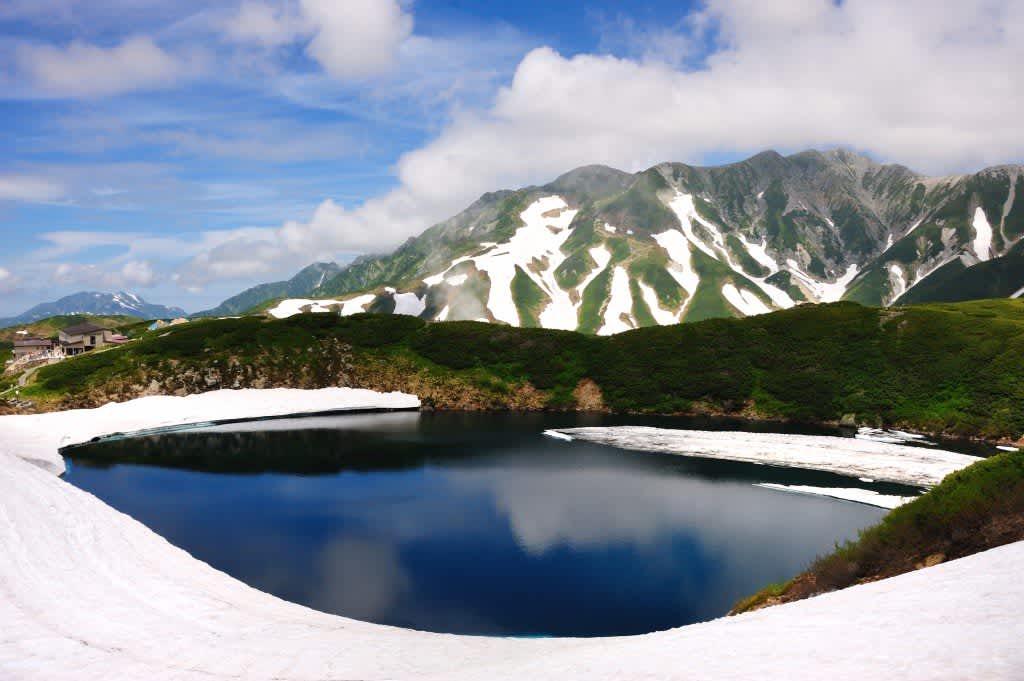
Yakushima National Park (Kyushu)
Located on the quaint islands of Yakushima and Kuchinoerabu-jima, Yakushima National Park is an impossibly lush park containing steep mountains, moss-covered landscape, babbling streams, and both subtropical and cool temperate zone vegetation, including cedars over 1,000 years old. Offering winding paths that allow you to choose your own journey, Shiratani Unsuikyo Ravine serves as a great spot to explore for those looking to be inspired! As proof, one of the main attractions of Shiratani Unsuikyo is a part of the forest that served as the inspiration for the much-loved Studio Ghibli animated film, Princess Mononoke. A must for the imaginative mind looking to fuel their passion and feed the soul.
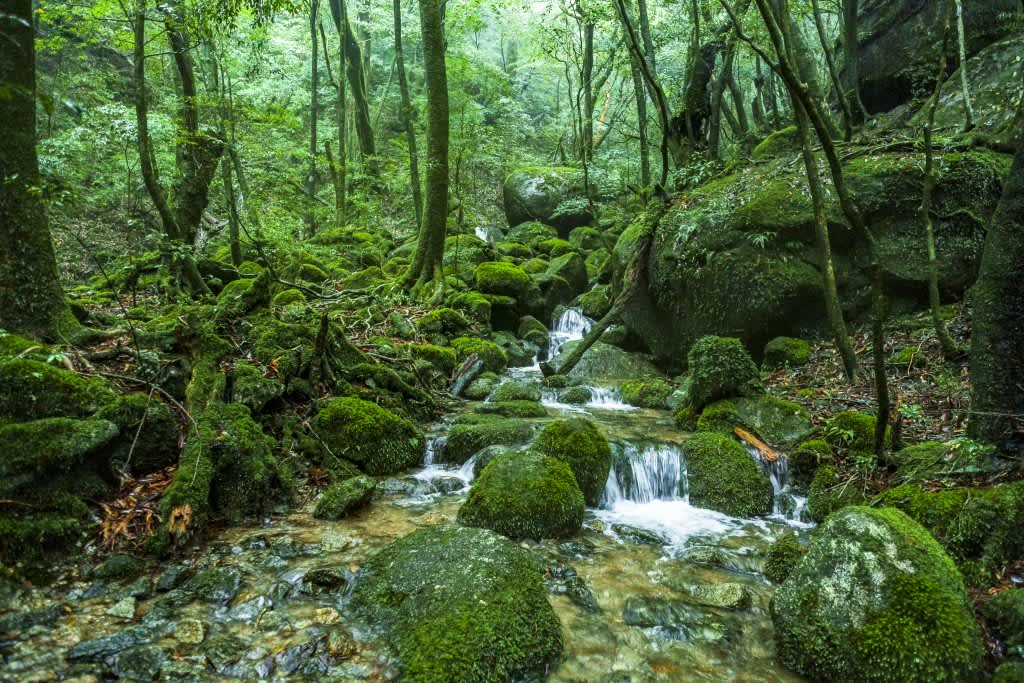
Daisetsuzan National Park (Hokkaido)
Daisetsuzan National Park is known to the native Ainu people as ‘the playground of the gods’ and it lives up to its name. Almost undisturbed by man, the 226,764 ha park is perfect for the adventurer who wants to run free like a child and explore, explore, explore!
Literally translated to ‘big snow mountain’, Daisetsuzan National Park is Japan’s largest national park and is dotted with dozens of volcanoes, coursing waterfalls and vast green expanses full of alpine flora and fauna in the spring. Nature lovers, hikers and winter sport enthusiasts can rejoice in the mostly untouched wilderness and in the process, develop a real connection with the great outdoors, and perhaps, what’s great inside oneself.

Shikoku Karst Prefectural Natural Park (Shikoku)
If you find peace and clarity standing over rolling green hills as opposed to under shady forest canopies, look no further than Shikoku Karst Prefectural Natural Park. With an altitude of approximately 1,400m, the impressive mountain plateau sits on the border of Ehime and Kochi Prefectures and offers the most stunning views of Mt Ishizuchi and Sata Peninsula on a clear day. Famous for its gentle slopes dotted with limestone formations and conical sinkholes, this parks plays host to a range of different sceneries, with alpine plants in the summer and pure, white snowscapes in the winter. The park offers a variety of walking trails including a ‘woodland therapy road’ that takes you on a charming journey unlike any other. Offering gorgeous panoramic vistas, unique landmarks, clear night skies for stargazers and even roaming dairy cattle, Shikoku Karst Nature Park gives new meaning to ‘picturesque’ and is sure to delight mind, body and soul.



















